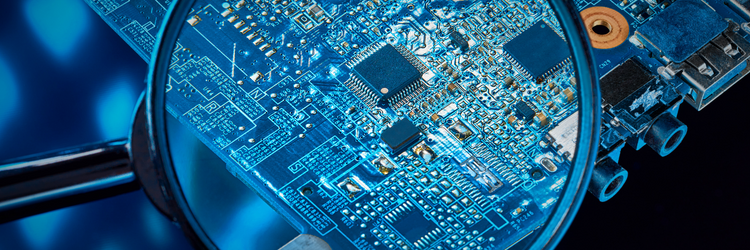Canon Competes with ASML in Chip Manufacturing
Canon recently announced an innovative approach to the production of cutting-edge semiconductor components. Its new “nanoimprint lithography” system is a response to ASML in the extreme ultraviolet (EUV) lithography machine sector. ASML’s machinery is used for cutting-edge chips, including those used in the Apple iPhones.
Use of the machines is now part of the tech and trade conflict between the United States and China. The United States’ restrictions and sanctions attempt to prevent China’s access to crucial chips and manufacturing machinery. ASML’s EUV technology has traction among leading chip manufacturers due to its crucial role in enabling the production of semiconductors at 5 nanometers and below.
Canon claims its new system, the FPA-1200NZ2C, can produce semiconductors matching a 5nm process and scale down to 2nm, surpassing the capabilities of the A17 Pro chip found in Apple’s iPhone 15 Pro and Pro Max, which is a 3nm semiconductor.
The Dutch government has restrictions on ASML, preventing the export of its EUV lithography machines to China due to the critical role of these machines in the production of cutting-edge semiconductor chips. Given Canon’s claim that their device can facilitate the production of semiconductors equivalent to 2nm, there is likely to be increased scrutiny.

